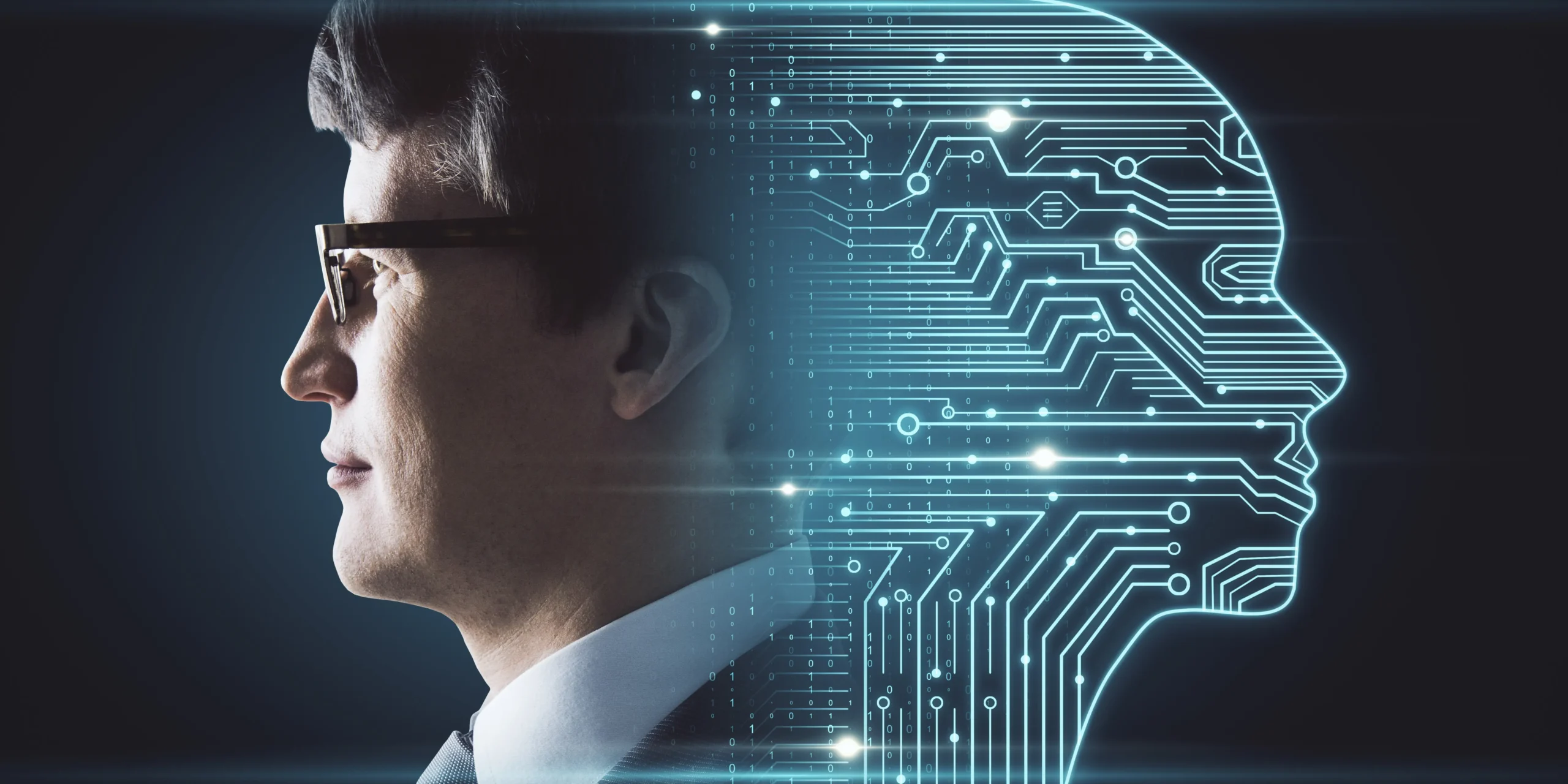
For centuries, those who controlled information controlled society. Today, that power does not rest in the hands of governments or media empires – it belongs to artificial intelligence. AI is quietly becoming the most powerful tool for shaping reality ever created, not through brute force or censorship, but through something far more insidious: algorithmic bias.
Recent concerns about Grok, the AI model owned by Elon Musk’s X, have fueled debates over whether AI is already being manipulated to serve corporate and political interests. Reports suggest that Grok’s responses have been altered to align with Musk’s ideological leanings, raising urgent questions about AI transparency. But Grok is just one example of a far deeper problem – AI bias is not a glitch in the system. It is the system.
If left unchecked, AI will not just reflect the biases of those who control it. It will enforce them.
AI’s Invisible Hand: The Bias That Shapes Society
Most people assume AI is neutral, a digital oracle that dispenses information without an agenda. That could not be further from the truth. AI models are trained on massive datasets that contain the biases of human society, and rather than eliminating those biases, AI often amplifies them.
We are already seeing the consequences:
The terrifying reality is that these biases are often unintentional but that does not make them any less dangerous. The problem is that once AI systems establish patterns, they reinforce them, normalizing discrimination, inequality, and misinformation at scale.
Weaponizing AI: A Tool for Political and Corporate Control
While some AI bias is an unintended consequence of flawed training data, in many cases, it is intentional. Governments, corporations, and powerful individuals are actively shaping AI responses to serve their own interests.
With AI, control is no longer about restricting access to information. It is about shaping what people believe to be true.
Consider the implications: If AI models are adjusted behind closed doors to favor certain viewpoints, how would the public ever know? What happens when AI-powered search engines quietly steer users toward particular political ideologies? When chatbots subtly downplay economic inequality, human rights violations, or climate change? When AI-generated textbooks shape the worldview of the next generation?
Once AI becomes the gatekeeper of truth, democracy itself is at risk.
Regulating AI Like a Public Utility
The problem is not just that AI is biased, it is that there are no laws requiring AI companies to disclose or correct their biases.
Right now, AI is controlled almost entirely by private tech corporations, many of whom have financial and political incentives to shape AI outputs in ways that serve their interests. If AI is left unregulated, we are effectively allowing a handful of unelected executives to dictate the information landscape for billions of people.
To prevent AI from becoming the most dangerous propaganda tool ever created, governments must act now.
A Roadmap for AI Accountability
The AI Arms Race is Already Underway. If We Wait, It Will Be Too Late.
AI is not just shaping reality. It is redefining who controls it.
If we allow AI to be manipulated without transparency, we are not just creating biased technology, we are building a world where truth itself is engineered to serve the interests of the few.
The reports about Grok are not an anomaly. They are a warning. AI is becoming too powerful to be left unregulated, and the longer we delay, the more control we cede. The future of truth is being written in lines of code, and unless we demand accountability, we may soon find ourselves living in a world where reality is programmed, not debated.